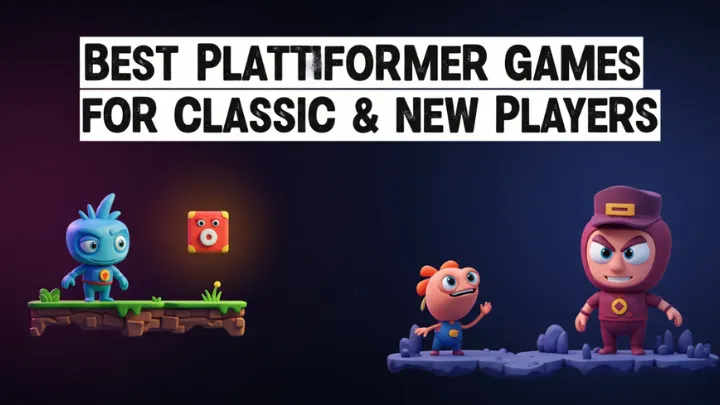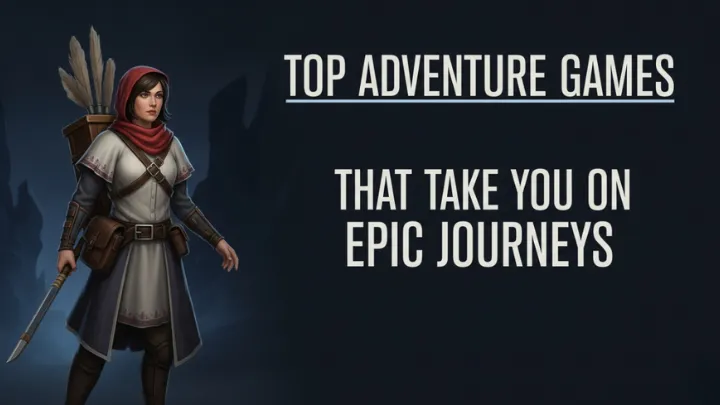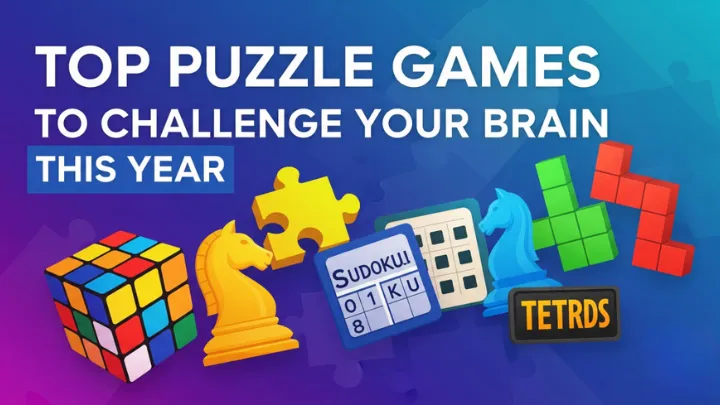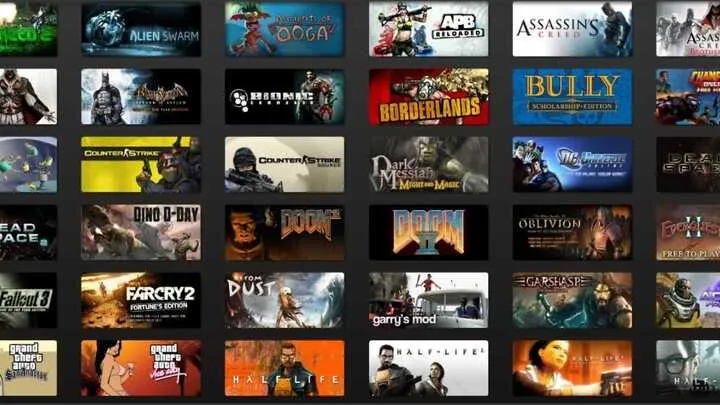Introduction
In the modern landscape of digital gaming, Toca Boca has emerged as a significant player, particularly in the realm of children's games. Known for its vibrant graphics and engaging gameplay, Toca Boca offers a unique blend of creativity and education. However, beneath this colorful exterior lies a complex interplay of issues that merit deeper examination. This article aims to explore the implications of Toca Boca on child development, focusing specifically on how its gameplay mechanics can nurture creativity while also raising questions about screen time and social interaction.
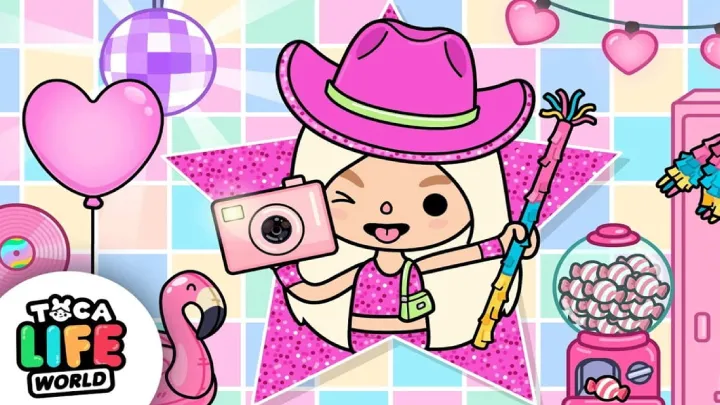
The Origins of Toca Boca
The Development Journey
Toca Boca was founded in 2011 as a subsidiary of the Swedish gaming company Bonnier AB. The initial goal was to create games specifically designed for children, with an emphasis on open-ended play. This approach was revolutionary at a time when many children's games were structured around rigid rules and objectives. By prioritizing creativity and exploration, Toca Boca set itself apart in a crowded market.
Early Releases and Reception
The first release, Toca Tea Party, was a simple yet engaging game that allowed children to set up their own tea parties. The game was well-received for its intuitive design and lack of in-app purchases, which is a significant concern in many children's apps today. This positive reception laid the groundwork for subsequent titles, leading to a diverse portfolio that includes Toca Life, Toca Kitchen, and Toca Hair Salon.
Gameplay Mechanics
Open-Ended Play
One of the defining features of Toca Boca is its emphasis on open-ended play. Unlike traditional games with strict objectives, Toca Boca allows children to explore at their own pace. This freedom encourages creativity, as players can experiment with various scenarios without the pressure of failure.
Role-Playing Elements
Many Toca Boca games incorporate role-playing elements, where children can take on different characters and engage in imaginative scenarios. For example, in Toca Life: City, players can explore a bustling urban environment, interact with various characters, and create their own stories. This role-playing aspect is crucial for cognitive development, as it enables children to understand different perspectives and develop empathy.
The Educational Aspects
Encouraging Creativity
Research has shown that creative play is essential for child development. Toca Boca encourages this through its sandbox-style gameplay, where children can express themselves artistically. By designing their own characters, environments, and narratives, children engage in creative problem-solving, which is a vital skill in today's world.
Social Skills Development
Though Toca Boca games are primarily single-player experiences, they can foster social skills when played in groups. Children often share their gameplay experiences with peers, discussing the stories they've created or the characters they've designed. This interaction helps develop communication skills and encourages teamwork, even in a digital environment.
Screen Time Concerns
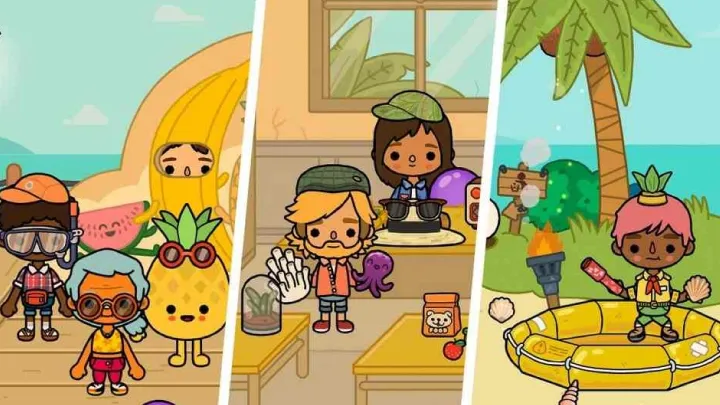
The Balance of Play
While Toca Boca promotes creativity and social skills, concerns about screen time remain prevalent among parents and educators. The American Academy of Pediatrics recommends limiting screen time for children, emphasizing that excessive use can lead to negative outcomes, such as decreased physical activity and impaired social interactions.
Setting Boundaries
Parents can mitigate these concerns by setting boundaries around screen time. Encouraging children to engage in physical activities or other forms of play can create a balanced lifestyle. Toca Boca can be part of this equation, serving as a creative outlet that complements other developmental activities.
The Role of Parents
Engaging with Gameplay
Parents can enhance their children's experience with Toca Boca by actively participating in gameplay. By playing together, parents can guide discussions about the characters and stories, encouraging deeper thinking and creative expression. This involvement can also provide insight into the child's interests and thought processes.
Monitoring Content
Although Toca Boca games are designed to be child-friendly, parents should still be vigilant about the content their children are exposed to. Regularly discussing gameplay and the themes presented in the games can help parents understand their children's experiences and address any concerns.
The Community and Cultural Impact
Building a Global Community
Toca Boca has fostered a vibrant online community of players and creators. Through social media platforms, children and parents can share their creations, offering a sense of belonging and connection. This community aspect can enhance the overall experience, allowing for collaboration and inspiration.
Cultural Representation
Toca Boca has made strides in promoting diversity and inclusivity within its games. By incorporating various characters, cultures, and environments, the games offer children a broader understanding of the world. This representation is crucial for fostering empathy and cultural awareness in young players.
Challenges and Criticisms
Commercialization in Children's Gaming
Despite its positive attributes, Toca Boca is not immune to criticism. Some argue that the gaming industry, including Toca Boca, contributes to the commercialization of childhood. The availability of in-app purchases, although limited, raises questions about the pressures children face in digital environments.
Potential for Isolation
While Toca Boca encourages creativity, there is a concern that excessive gameplay can lead to social isolation. Children who spend long hours playing alone may miss out on essential face-to-face interactions, which are critical for developing social skills.
Future Directions
Expanding Educational Features
As Toca Boca continues to evolve, there is potential for expanding its educational features. Integrating more structured learning elements, such as math or literacy games, could enhance the educational value while maintaining the open-ended play that defines the brand.
Collaborations with Educators
Collaborating with educators to create content that aligns with curricular goals could also be beneficial. This partnership could ensure that Toca Boca remains relevant in educational settings while fostering creativity and exploration.
Conclusion
Toca Boca represents a significant evolution in children's gaming, offering an engaging platform that nurtures creativity and social skills. However, it is essential to remain mindful of the potential pitfalls associated with screen time and commercialization. By fostering a balanced approach and encouraging parental involvement, Toca Boca can continue to be a valuable tool in child development. As the gaming landscape evolves, Toca Boca holds promise for shaping the future of creative play.









